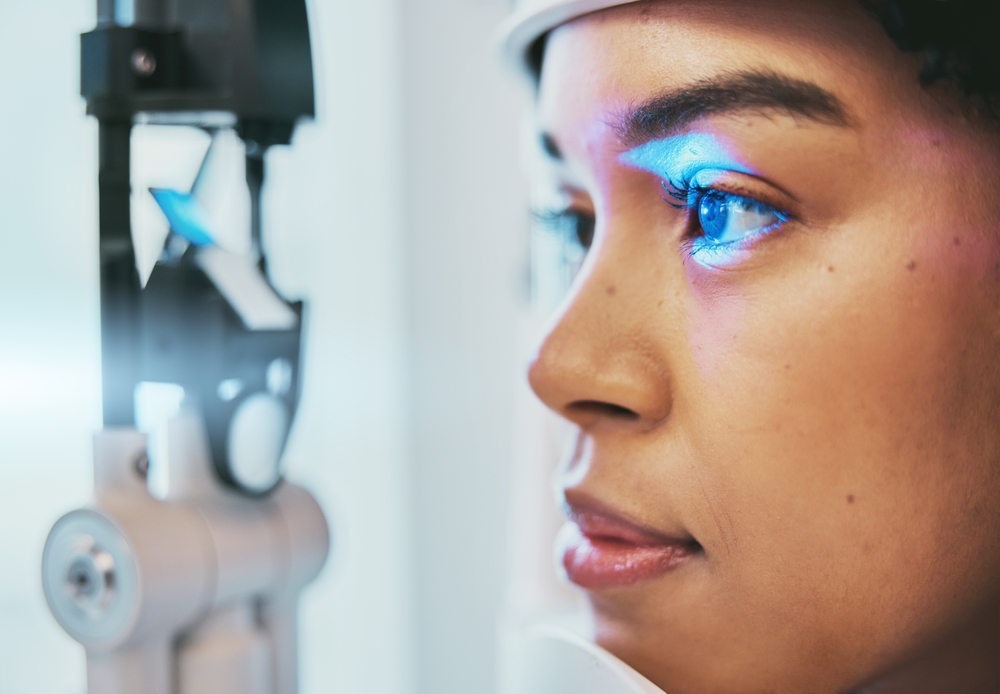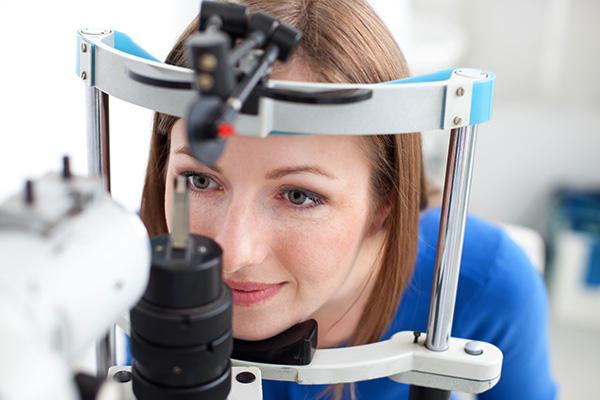
For those who may be unfamiliar, a comprehensive eye exam is a thorough evaluation of your eyes and visual system. A comprehensive eye exam can detect common eye diseases, assess how your eyes work together, and evaluate your eyes as an indicator of your overall health.
The Importance of Comprehensive Eye Exams
Comprehensive eye exams are important for all ages, regardless of your physical health. Regular eye exams can detect vision problems, eye diseases, and other issues before they become serious and when they are most treatable.
A comprehensive eye exam can detect diseases like glaucoma, which often has no symptoms in its early stages. It can also reveal conditions like macular degeneration, cataracts, and detached retinas.
Systemic diseases like diabetes and high blood pressure can often be detected during a comprehensive eye exam. It's quite astonishing how our eyes can be a window to our health.
They are also essential for ensuring proper vision, which is tied to our overall quality of life. Good vision contributes to better athletic ability, improved learning and comprehension, and a better quality of life.
What Can I Expect During a Comprehensive Eye Exam?
A comprehensive eye exam is a simple, straightforward process. It typically begins with a discussion about your medical history. Your eye doctor will ask you about any vision problems or eye discomfort you've been experiencing. They'll also want to know about your overall health and any medications you're taking.
Next, your eye doctor will perform a series of tests to assess your vision and eye health. These may include a visual acuity test, which involves reading an eye chart to measure how well you see at various distances. There may also be a color blindness test, a cover test to check how well your eyes work together, and an ocular motility test to measure eye movements.
Your doctor will also perform a retinoscopy. During this test, the doctor shines a light into your eye and measures the refractive error by evaluating the movement of light reflected by your retina. This helps your doctor determine a baseline prescription for your eyeglasses or contact lenses, if needed.
How Often Should You Have a Comprehensive Eye Exam?
As a general rule of thumb, adults should have their eyes checked every two years until the age of 60, and yearly exams after that.
Children need regular eye exams to detect any vision problems that may interfere with their learning. They should have their eyes examined at six months of age, at age three, and just before they start school. School-aged children should have an eye exam at least every two years.
If you have risk factors or if you're experiencing problems with your eyes or vision, you should see your eye doctor immediately.
Prioritizing Your Eye Health through Comprehensive Eye Exams
Comprehensive eye exams are an essential part of our overall health maintenance. They can detect not just vision problems but also serious health conditions.
Prioritize your eye health by scheduling a comprehensive eye exam with Synoptic Eye Care at our office in Fort Lauderdale, Florida. Please call (954) 999-5592 to book your appointment today.




